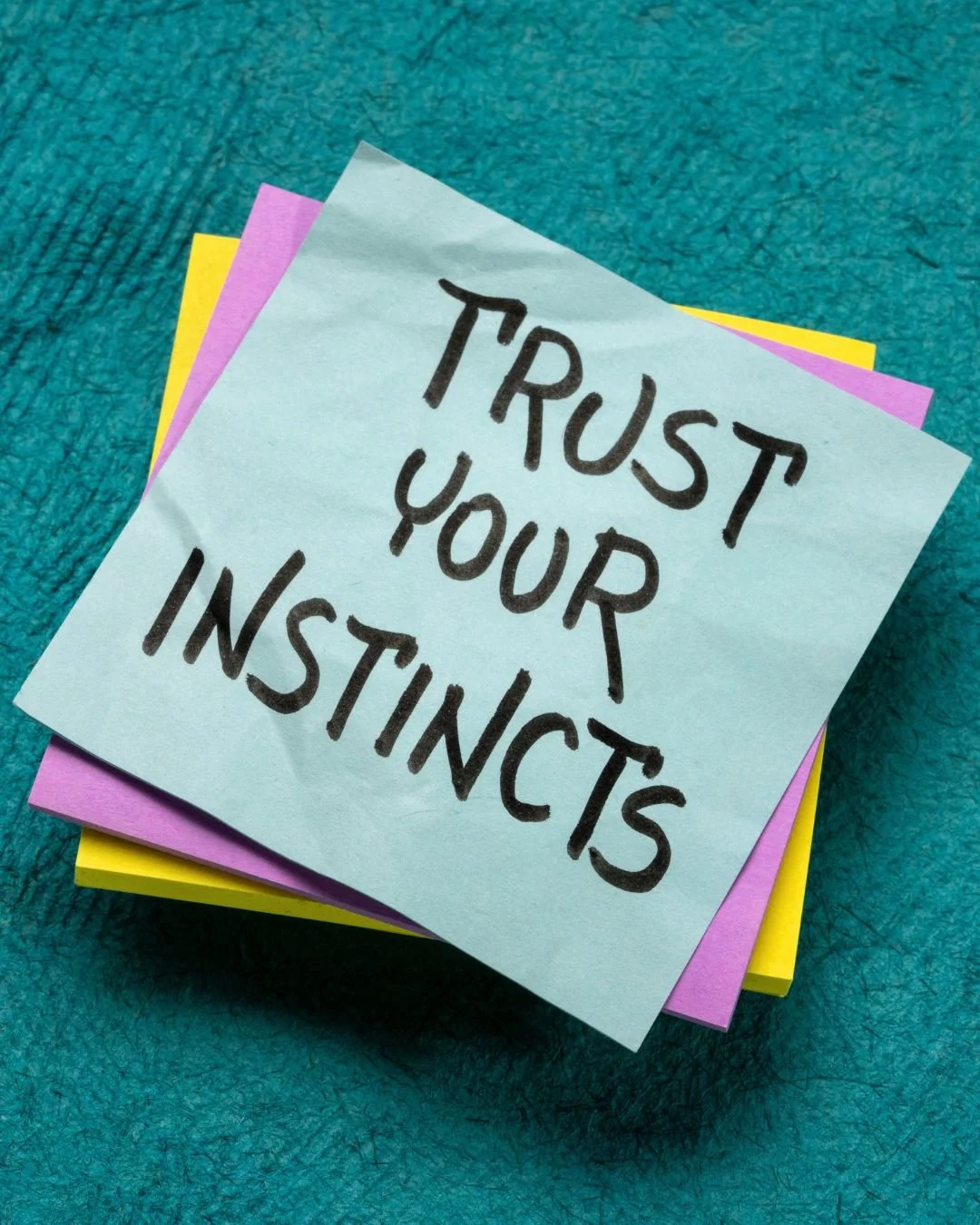Gentle Parenting Through Tantrums: Why Your Child’s Meltdown Doesn’t Mean You’ve Failed
Gentle Parenting Means Sometimes Saying No
We’ve all had those parenting moments. The ones where you hold a boundary and your child absolutely loses it.
Where you do the hard thing, the right thing… and you’re left feeling like the villain in your own home.
This week, I had one of those moments.
My 17-year-old asked to go to a music festival. And apparently, everyone he’s ever met was going. The whole world, in fact.
I said no.
Not because I’m controlling. Not because I don’t trust him.
But because my gut - my well-worn, fiercely protective, mother-of-four gut - spoke up. And when it does, I’ve learned to listen. To pause. To check in.
Right now, I just don’t feel he’s ready.
Festivals come with a lot: drink, drugs, pressure. And while I love the young man he’s becoming, I don’t think he’s had enough life experience to handle all of that just yet.
So I said no. And he was devastated.
Angry. Disappointed. Certain that I am ruining his life.
And I’m actually okay with that. For context it took me the best part of twenty five years to get to this stage!
Because sometimes being a ‘good’ parent means being the unpopular one in the moment.
When Your Child Says "It’s Not Fair!" It Doesn't Mean You're Getting It Wrong
Somewhere along the line, parents - especially us mums - have been handed the message that if your child is upset, it means you’ve done something wrong. That good parenting means avoiding big emotions. That if your child cries, protests, yells "It’s not fair!", then you’ve messed up.
But here’s the truth: parenting isn’t about preventing feelings. It’s about holding space for them.
Our job is not to shield our children from all discomfort. It’s to walk alongside them through it. To show them it’s safe to feel….all of it.
Anger. Sadness. Frustration. Disappointment. They’re part of life.
Trying to parent in a way that avoids every tantrum, every meltdown, every sulky "I hate you" is exhausting andimpossible.
And frankly? Not the goal.
Because feelings aren’t failures - they’re part of growth.
When we teach our children that all feelings are welcome - and that we’ll be there with them in the mess of it - we’re giving them the tools to handle life.
We’re not just parenting for today. We’ve got an eye on the future. We’re shaping the adults they’ll become.
Boundaries Are Not Cruel: They Are a Form of Gentle Parenting Support
Saying no doesn’t mean you don’t love your child. It means you love them enough to hold the line.
Even when they don’t understand. Even when it’s met with fury or heartbreak or full-body toddler rage. Even when it breaks your heart a little to do it.
Children need boundaries to feel safe.
They might not like them. They will absolutely test them. But they need to know someone is steering the ship.
And when they rage or cry or scream "I hate you!", your calm, consistent response is what teaches them emotional regulation.
It says: You can feel all this and I’m still here.
This is responsive parenting in action. It’s what helps children feel emotionally secure and teaches them how to manage life’s ups and downs.
You Don’t Have to Get It Right Every Time: Repair Matters Most
No parent gets it right every time. (No one.) And we shouldn’t pretend we do.
We all lose our cool. We all snap. We all have moments we wish we could rewind.
But what matters most is what comes after - the repair.
Going back to your child, however old they are, and saying:
"I’m really sorry I shouted. That wasn’t fair."
"I didn’t handle that well. Next time, I'‘ll do it differently."
We’re not teaching our kids to be perfect. We’re teaching them to be human.
And humans mess up. What matters is how we make it right.
Repair builds trust. It models accountability. And it shows your child that love doesn’t disappear when things get hard.
Trusting Your Parenting Instincts Is Still the Most Powerful Tool You Have
There will always be voices telling you what to do. Other parents. Professionals. Well-meaning relatives. Internet strangers.
But no one knows your child like you do.
And sometimes your gut will say no when everyone else says yes.
That doesn’t make you controlling. That makes you in tune with your instincts.
Parenting isn’t about doing what’s popular. It’s about doing what’s right for your child, your values, and your family.
Even when it’s hard. Even when it’s’ not fair’.
Gentle Parenting Is About Staying Steady in the Storm
‘Good’ parenting isn’t about being liked in every moment. It’s about being there, holding the line, and loving your child through the storms.
Whether they’re seventeen months or seventeen years old, they’ll test you. And they’ll need you to stay steady.
Let them feel. Let them rage. Let them shout "It’s not fair!"
And when the storm passes, be the safe harbour they return to.
One day, they’ll understand. But even if they don’t you’ll know you stood firm in love.
And that’s more than enough.
The doors of Raising Wild Ones Club have been flung wide open - step inside!
It can feel like everyone else is nailing the early years - signing up for phonics classes, downloading educational apps, proudly announcing their 15-month-old can name every animal in the kingdom.
But what if you don’t want to turn parenting into a pressure-cooker?
What if you just want to feel confident you're doing enough while still soaking up these precious years?
Raising Wild Ones Club is where your people are!
Perfect for parents of babies and toddlers from birth to 4 years.
You'll gain clarity, confidence, and practical steps you can use straight away.
Click here to bag one of the 20 founder’s spots – and breathe a sigh of relief!






